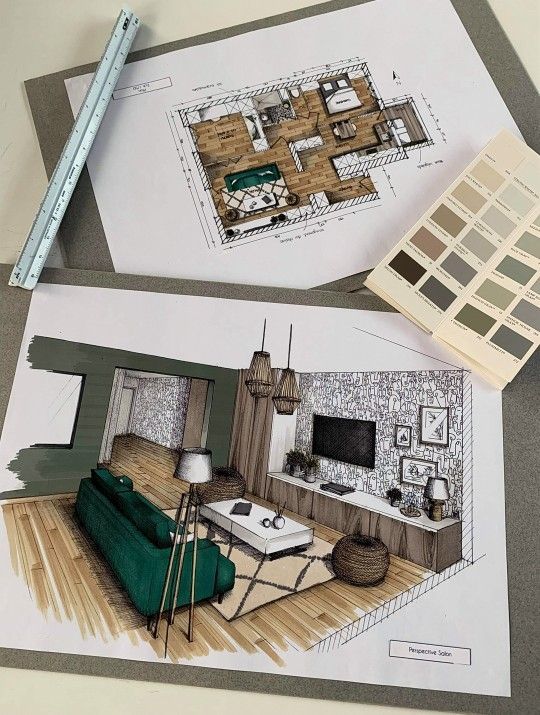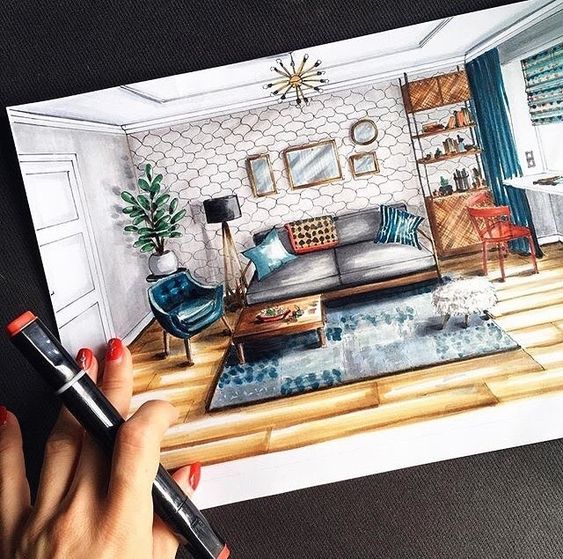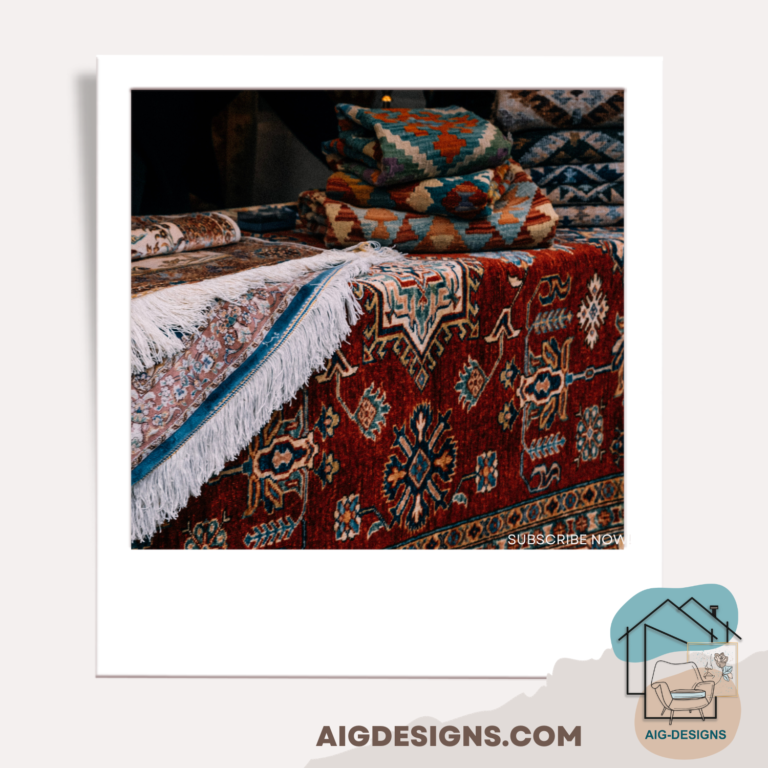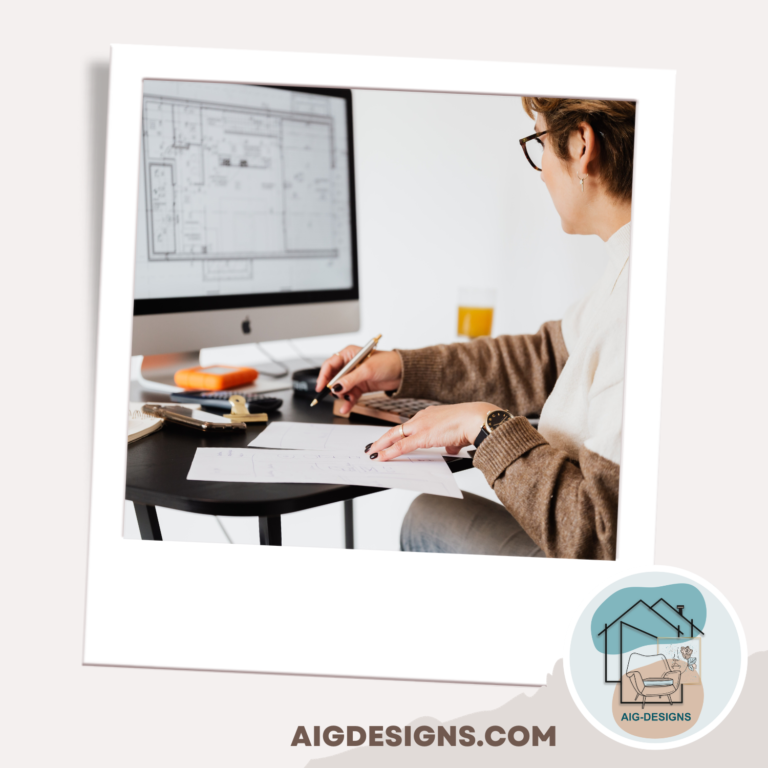Interior design plays a significant role in shaping our environments and has a range of important impacts on individuals, communities, and businesses. Here are some reasons why interior design is important:
Enhances Functionality: Well-designed interior spaces are functional and efficient. Interior designers consider how people will use a space and ensure that layouts, furniture, and fixtures are organized in a way that supports various activities and functions.

Improves Aesthetics: Interior design enhances the visual appeal of a space. Thoughtful color schemes, materials, textures, and design elements contribute to creating visually pleasing environments that can evoke certain emotions and moods.

Promotes Well-being: A well-designed interior environment can positively affect the well-being of occupants. Elements such as natural light, proper ventilation, ergonomic furniture, and comfortable layouts can contribute to physical and mental health.

Reflects Identity and Branding: Interior design can convey the identity and values of individuals, businesses, or organizations. The design choices made in a space can reflect cultural, personal, or corporate identity, and reinforce branding efforts.
Optimizes Space: Interior designers are skilled at maximizing the use of available space. Through careful planning and design, they can transform even small or awkward spaces into functional and attractive areas.
Boosts Productivity and Creativity: In commercial and office spaces, interior design can influence productivity and creativity. Well-designed workspaces that provide comfort, privacy, and collaboration areas can positively impact employee performance.
Creates Positive Experiences: Interior design contributes to positive experiences in various settings, such as retail stores, restaurants, and hotels. An appealing and well-designed environment can enhance customer satisfaction and engagement.
Addresses Safety and Accessibility: Interior designers consider safety and accessibility when creating designs. They ensure that spaces are compliant with relevant codes and regulations, making them safe and accessible for all individuals.
Supports Sustainability: Sustainable interior design practices contribute to environmental conservation by using eco-friendly materials, energy-efficient systems, and waste reduction strategies.
Transforms Spaces: Interior design has the power to transform spaces, whether through renovations, remodeling, or new constructions. It can breathe new life into old or outdated spaces and adapt them to contemporary needs.
Cultural and Social Impact: Interior design can reflect cultural influences, historical context, and social trends. It contributes to the cultural landscape of a place and can play a role in preserving heritage.
Economic Value: Thoughtfully designed spaces can add value to properties and businesses. Homes with well-designed interiors often command higher resale values, and businesses with attractive spaces can attract more customers.
Reduces Stress and Anxiety: Properly designed interiors can have a calming effect and reduce stress and anxiety. Elements such as natural elements, comfortable furniture, and soothing colors contribute to a peaceful atmosphere.
Adapts to Changing Needs: Interior designers consider the evolving needs of the occupants. Design solutions can be adaptable and flexible, ensuring that spaces can be modified to accommodate changing requirements.
Overall, interior design is crucial for creating environments that are not only visually appealing but also functional, safe, and supportive of well-being. Whether in homes, offices, retail spaces, or public areas, interior design shapes the way we experience and interact with our surroundings.




